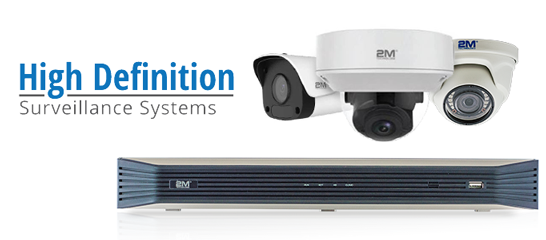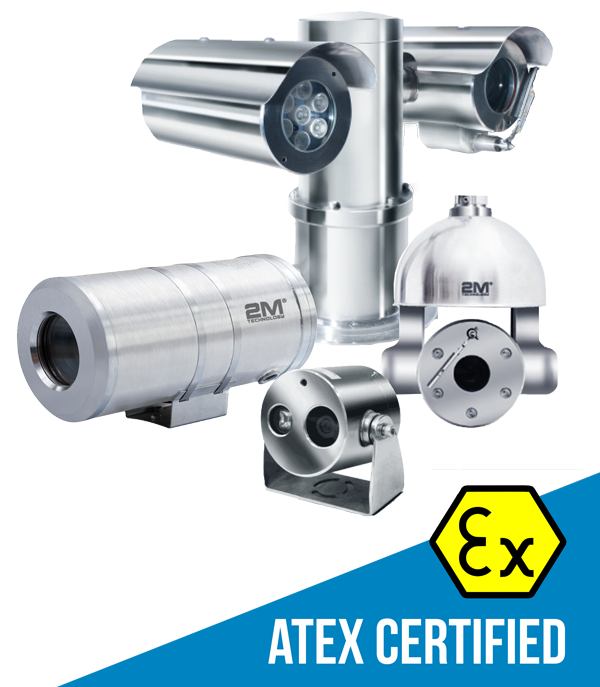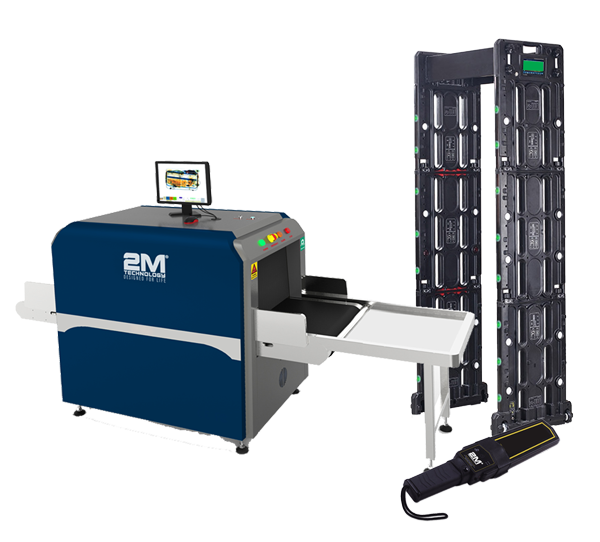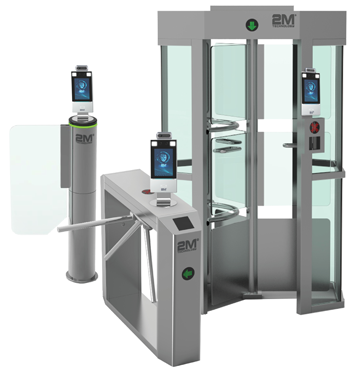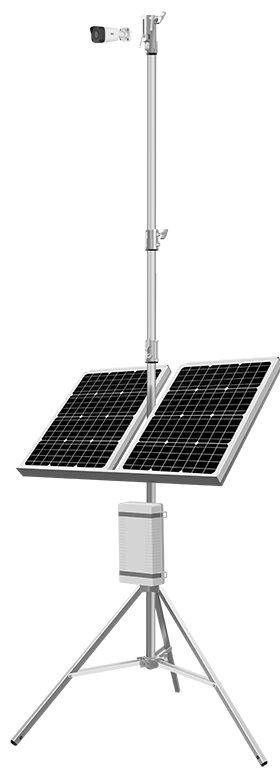As the workforce begins to get back to work after the lockdowns have started to be lifted all around the United States, companies are turning to thermometers to protect their employees and visitors in hopes of lowering the spread of the coronavirus.
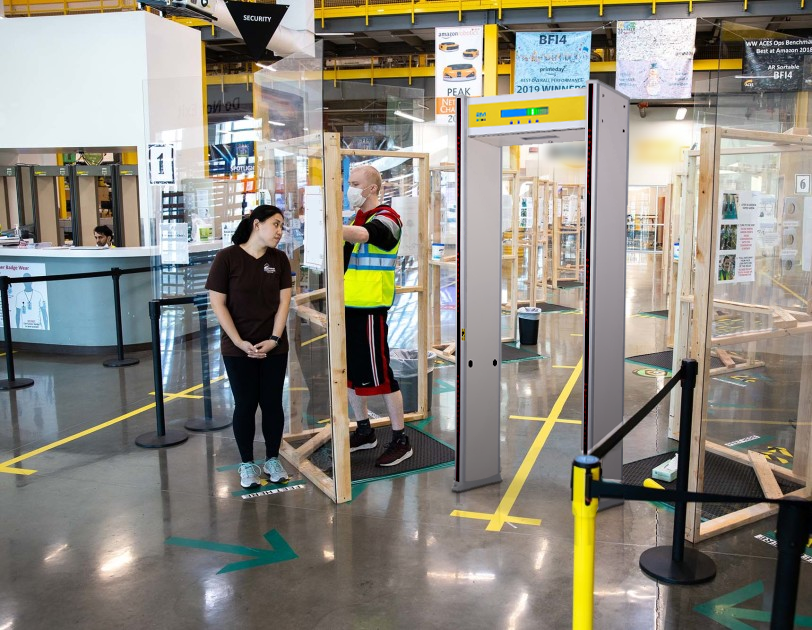
Walmart and Amazon facilities in the United States have reported that they will start to take the temperature of their employees when they get to work every day. Amazon has invested in thermal cameras to try and speed up the scanning process. The setup as reported from an employee involves a walkthrough and a thermal camera both capable of detecting human body temperature installed at various points. The idea behind the thermal technology is to quickly measure temperatures in bulk without the need to halt or stop for the infrared scan, thereby fastening the process. The cameras and other devices use thermal imaging to detect the temperature in a non-contact fashion, via a person’s forehead or even the wrist. Amazon currently has thermal cameras set up in at least 6 of their warehouses across the country. Other big companies that have followed suit include Intel Corp and Tydon Inc. Home Depot, on the other hand, is giving away thermometers to employees and asking them to constantly check their temperature at home to ensure that no sick individual comes to work. Similarly, Starbucks has sent thermometers so that the people who work there can monitor their own temperature without risking infecting other individuals.
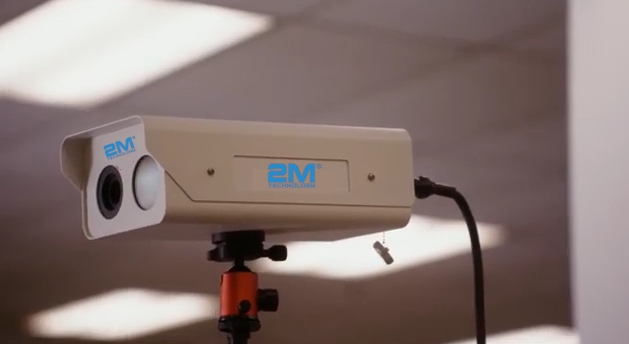
In the United States, there are at least 2 million confirmed cases of COVID according to data compiled by John Hopkins University.
Retailers and grocers around the country have changed how they function so that they can add more layers of safety in their operations. They have started handing out hand sanitizers to those who shop and a lot of the facilities have even added plexiglass screens to help prevent the spread of the virus. At times, they have been criticized by the workers because they do not think the big companies are doing enough to make sure that the workers do not get sick. The fact that most of the big companies across the United States have already started doing temperature screenings or will start doing it very soon, tells us how dire the situation really is.
Medical professionals have warned that simply checking the temperature may not be enough. They argue that other measures need to be in place for the temperature screenings to actually work. For example, employees should wear masks and they should also maintain a safe amount of distance from one another to ensure that the virus does not spread in the workplace.
The U.S. Equal Opportunity Commission has issued a statement stating that it is legal if a company decides to ask its employees if they have symptoms of COVID-19 including but not limited to shortness of breath and fever and it is also okay for them to take the temperature of said employee.
Walmart is one of the biggest companies in the U.S. with almost 1.5 million employees. It said that it will take almost three weeks to roll out the equipment that is required for the temperature screening procedures to take place. Dan Barlett, who is the executive vice president of corporate affairs said the mandatory screenings were for the employees’ “own public health and for the public health of our customers.”
Approach to the temperature screening procedures
There are a few ways companies are going about the temperature screening procedure. At Amazon and Walmart, the temperature screenings are supposed to happen on-site.

Walmart has already started sending thermometers that can measure the temperature of their employees to all the facilities. There are managers that have been designated for specific federal health privacy laws. It is said that employees who have a temperature of 100 degrees or higher will not be allowed to work.
B.J.’s Wholesale club said that in the coming weeks, it will start to screen the temperatures of employees at all 218 of their stores when they report to work. They have set up a designated entrance for employees to enter through. They are also going to provide masks and gloves to employees who want to actually use them.
Home Depot, on the other hand, has a different approach. Employees will be given a thermometer so that they can measure their own temperature. If they have a fever that raises their temperature to higher than 100.4—which is the cut-off set by the CDC—they will be asked to stay home, Sara Groman, a company spokesperson said.
Are the screenings truly useful or is merely a justification to reopen businesses?
Medical professionals have said that simply screening for temperature may not be enough to prevent the spread of the coronavirus. The director of the CDC, Dr. Robert R Redfield, said in a national public radio interview that almost 25% of the people who have been infected with the virus might not show any of the symptoms. Since asymptomatic carriers can transmit the virus, then it might render the temperature screening process almost useless. Dr. Ghazala Sharieff, chief medical officer at San Diego-based Scripps Health has said that she does not support tracking the temperature as it only provides “false security.”
Dr. David Hindin, a general surgeon and an academic fellow at Stanford University, has claimed that the temperature screenings can be faulty because some patients never have a spike in their temperature. So, it can be argued that to invest so much money in temperature screening procedures when a fever is not even a guaranteed symptom of the virus is a bit foolhardy. However, he did say that “it’s better than nothing” for essential workers as we must take every step to ensure that they do not get sick during this pandemic.
The case for tracking the temperature of customers
In the United States, temperature screenings are used in medical facilities or drive-thru locations that offer screening services. In Singapore and other parts of Asia, people have been screened before even getting on a train or bus. So, the argument from doctors and officials in the United States against temperature screening does not hold water since Asia has had a much better time dealing with the virus than the United States. Dr. Anthony Fauci, the director of the National Institute of Allergy and Infectious Diseases, told the New York Times that the U.S. should consider taking the temperature of customers outside the supermarket as he said: “The rationale for doing it is at least worth serious consideration.” So, even if we are not sure if the temperature screening procedures are actually going to be beneficial, it is still worth doing as it is better to take a proactive stance to ensure the safety of the employees rather than a reactive one once the crisis becomes dire
If you would like to see how the thermal products work or how they are set up, then schedule a free live demo today! You can also view our thermal catalog to browse more thermal solutions and learn more about them.
